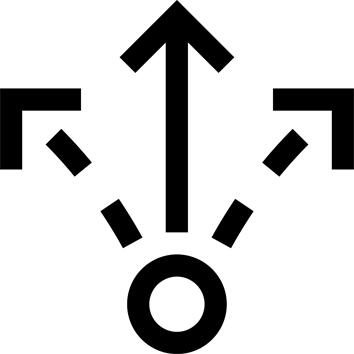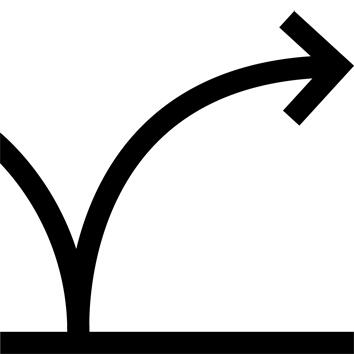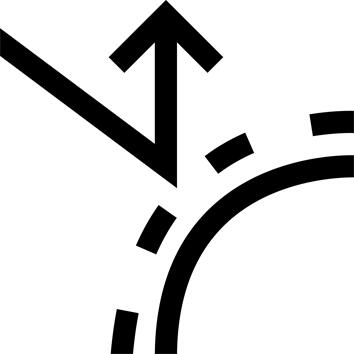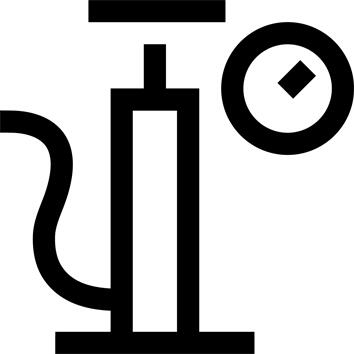KIPSTASUPPLIER OF THE OFFICIAL UEFA EUROPA & CONFERENCE LEAGUE BALL
The UEFA Board of Directors has appointed Kipsta, the soccer brand of the Decathlon group, as the new official UEFA supplier.
Made in France, Kipsta premium balls have the FIFA QUALITY PRO label and undergo quality testing at various stages of production.
With the official balls for the UEFA EUROPA LEAGUE and UEFA CONFERENCE LEAGUE, Kipsta aims to demonstrate its expertise at the highest level of competition.
The strength of our balloons
We have developed a tool that enables us to characterize the resistance of our footballs.
Defects that appear in use are identified and evaluated through a series of laboratory tests.
These tests enable us to compare the overall resistance of our footballs with those available on the market.
Our ambition: to have the most resistant products on the market.
MADE IN FRANCE?
This balloon, like our entire range, is designed 100% in France, and is rigorously tested by a combination of laboratory and field tests. It therefore meets the most stringent standards and requirements, and validates a whole range of additional tests, specifically developed by Decathlon.
In addition to the normative tests, we carry out additional tests via the Kipsta Certification Unit, enabling us not only to design, but also to objectively compare products.
WHAT IS THE KIPSTA CERTIFICATION UNIT?
The Kipsta Certification Unit is a team of field test engineers, qualified and recognized for:
Setting up specific protocols and tests linked to product use.
Recruiting qualified testers with the skills to evaluate product functions.
Analyzing results objectively, using statistical tools.
These tests cover general aspects, such as resistance and solid inflation, and functions reflecting the balloon's technical features.
KIPSTADIUM, TOURCOING, FRANCE
To design our balloons, we have a dedicated team at our disposal, as well as a laboratory based in France. The balloon team in France is made up of product engineers, component engineers and test engineers, enabling us to control the entire balloon design chain, from component to technical validation.
OUR BALLOON LABORATORY
We've been testing balls at Decathlon for over 15 years, with the aim of validating our products during the design, industrialization and post-production phases. A laboratory 100% dedicated to ball testing was even created in 2018 at the Kipstadium site (FRANCE).
More than a dozen tests are carried out on our balls. These include the tests required by FIFA, as well as additional tests created by our engineers in the laboratory.
DECATHLON CONCEPTEUR
Designer for 40 years, Decathlon bases the development of its products on desirability and accessibility to all, implying a notion of universality in their design (age, gender and nationality).
The aesthetic line of the group and therefore of Kipsta is a balance between our convictions (simple, technical and clever products) and our sober, universal and modern artistic direction.
DESIGNERS, ENGINEERS, BUT ALSO DESIGNERS
The DNA developed for this ball (i.e. the formal base on which the graphics are juxtaposed) combines technicality and balance.
The spatial apprehension and visual effects linked to the ball during its movements are worked on so as not to cause players any visual discomfort, thus confirming this design choice.
This balloon has a story for you
This ball is an exclusive design from Kipsta, and incorporates some of the same technical choices as our Official Match Ball.
For your information:
-It uses thermobonded technology: a ball with no sewing threads.
-It is made up of 12 panels with an exclusive shape.
Too light? Too heavy? The weight is standardized...
This ball weighs between 410g and 450g (size 5) and meets official FIFA standards.
FIFA BASIC approval.
What size, what circumference?
The size of this ball is between 68.0cm and 70.0cm (size 5) and complies with official FIFA standards.
FIFA BASIC approval.
A round ball, really?
Here's the sphericity test:
Variation of the measured average: maximum 1.8% (FIFA BASIC approval).
We measure the sphericity of the ball at 4,500 different points and look at the deviations observed.
If the deviation exceeds 1.8% (FIFA BASIC standard), our engineers are tasked with improving the sphericity to guarantee a regular rebound.
Maximum pressure loss test: we tell you...
Here's the pressure loss test:
We inflate the balloon to the recommended pressure (i.e. 0.8 bar).
72 hours later, the balloon should have lost no more than 15% of its pressure, i.e. around 0.1 bar (FIFA BASIC approval). The pressure after 72 hours should therefore be around 0.7 bar.
This also means that it's perfectly normal for a balloon to lose pressure after a few days.
We also tested the balloon's water absorption...
Here's the water absorption test:
In the laboratory, we simulate playing conditions in the rain by soaking the ball in 2 cm of water on a pivoting support while applying 250 compressions.
At the end of the test, the ball must not have gained more than 10% of its weight (FIFA BASIC homologation).
When the rebound goes, everything goes
Here's the bounce test:
The ball is dropped 10 times onto a steel plate from a height of 2 metres.
The variation in bounce height must be between 125 and 155 cm, with a maximum difference of 10 cm between the highest and lowest bounces per ball.
Not bad at all!
The most demanding test we put this ball through is the machine kick test.
The ball must withstand 2,500 kicks against an inclined concrete surface at 50 km/h from a distance of 2.5 m.
At the end of this test, we check:
- the general condition of the ball: the seams must withstand this test
- the circumference: it must not have increased by more than 1.5 cm.
- the sphericity: it must not have varied by more than 1.5%. sphericity: it must not have varied by more than 1.8%
- pressure: the balloon must not have lost more than 12.5%.
And what do you think?
Your opinions are essential, and help us to continually improve our products.
Many thanks in advance for sharing your experiences.





